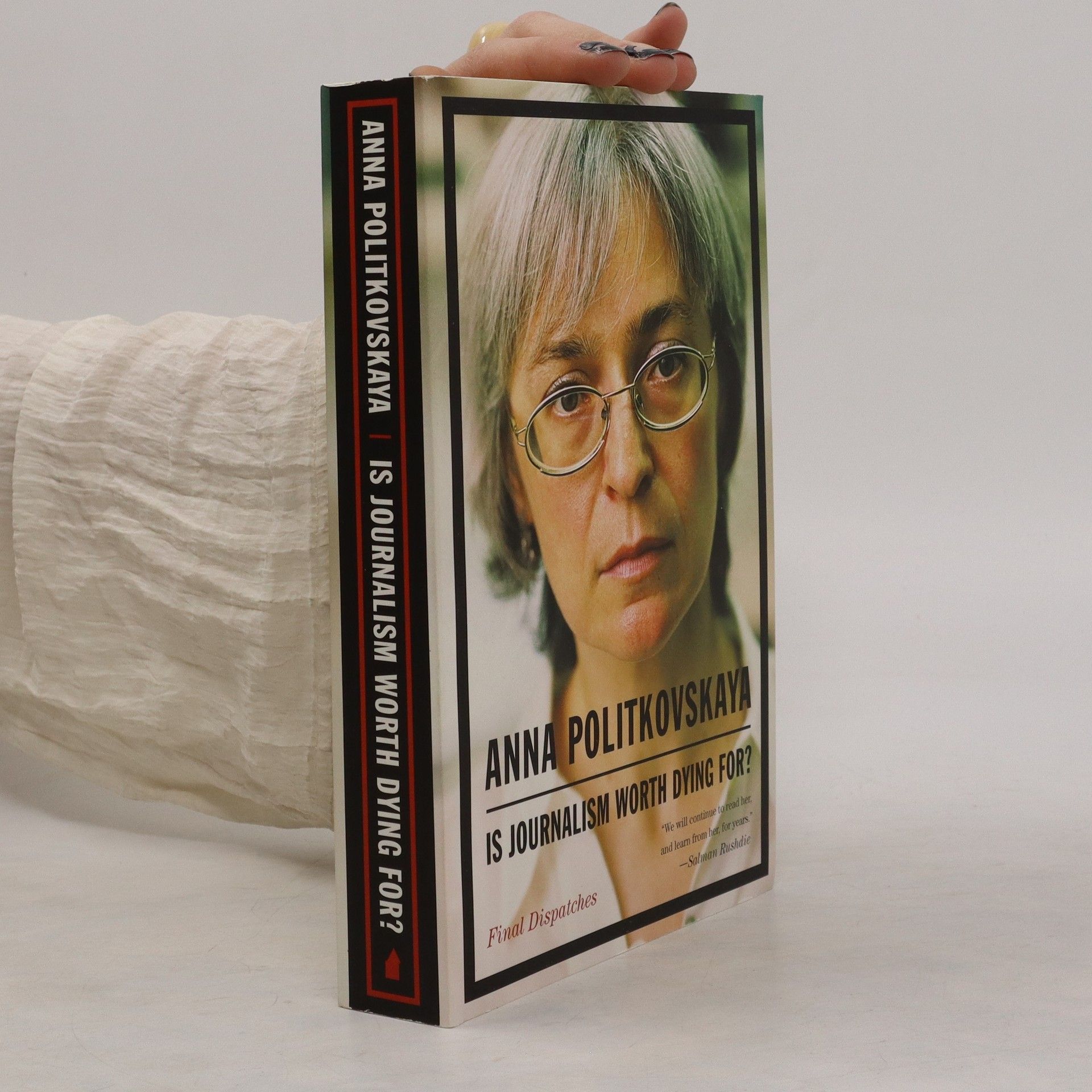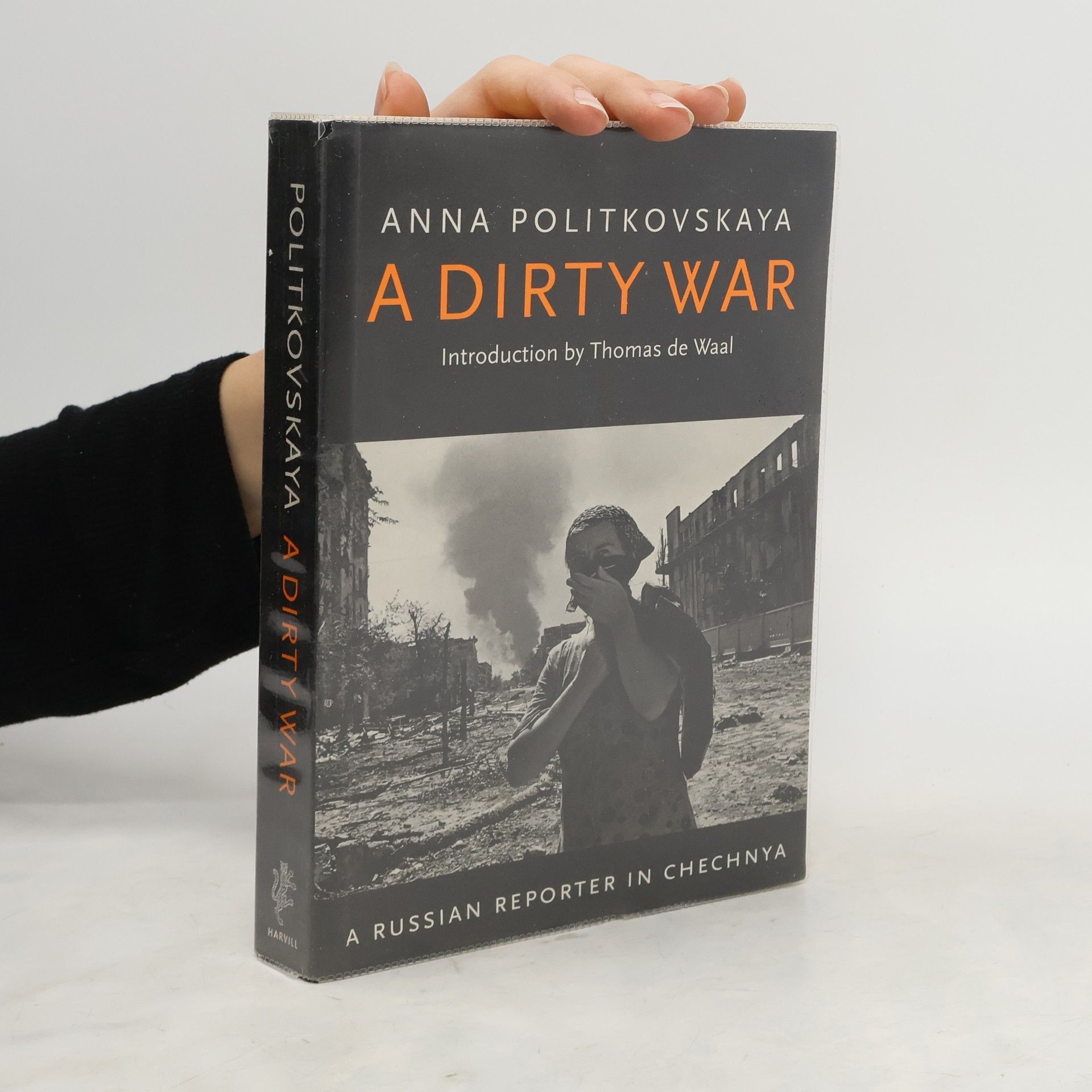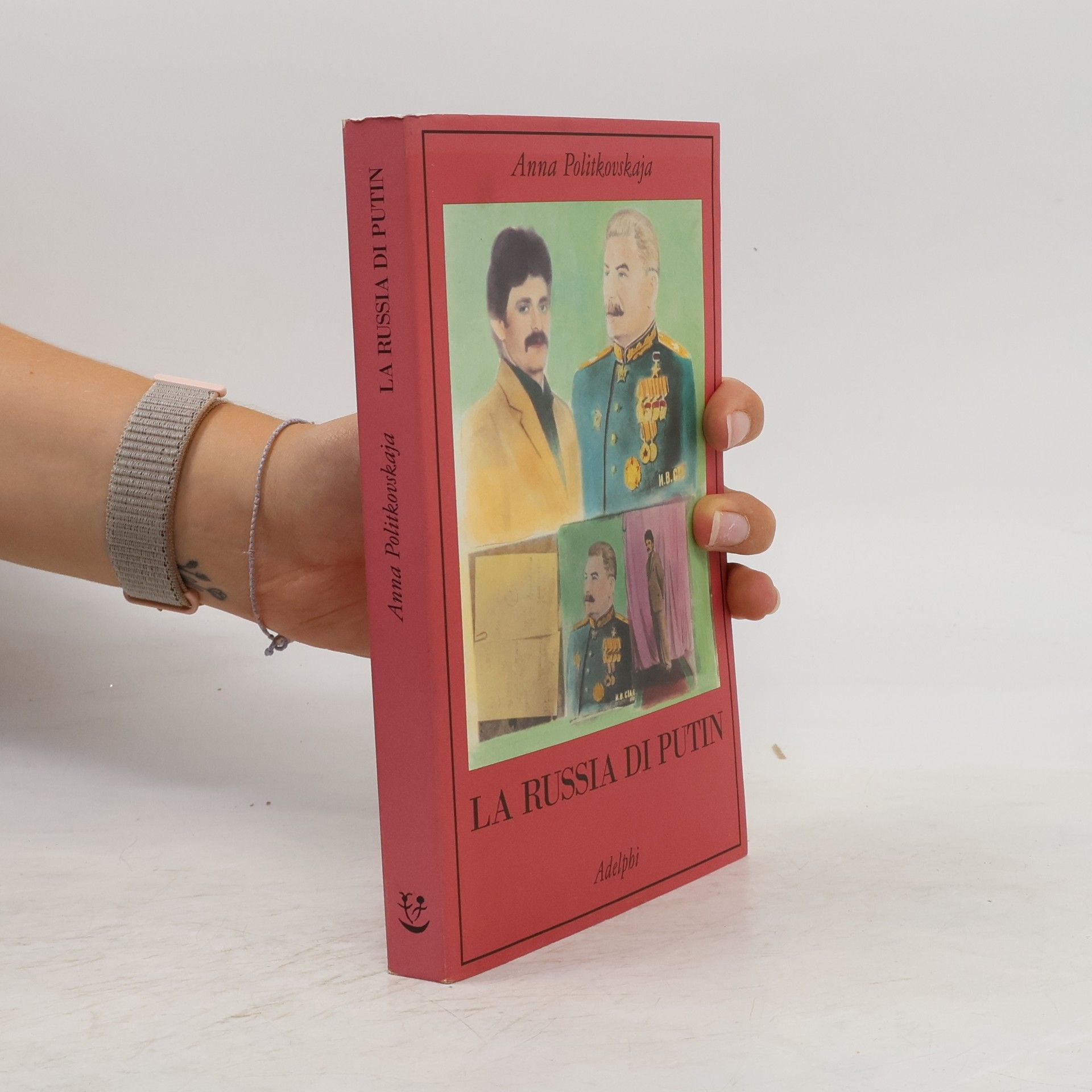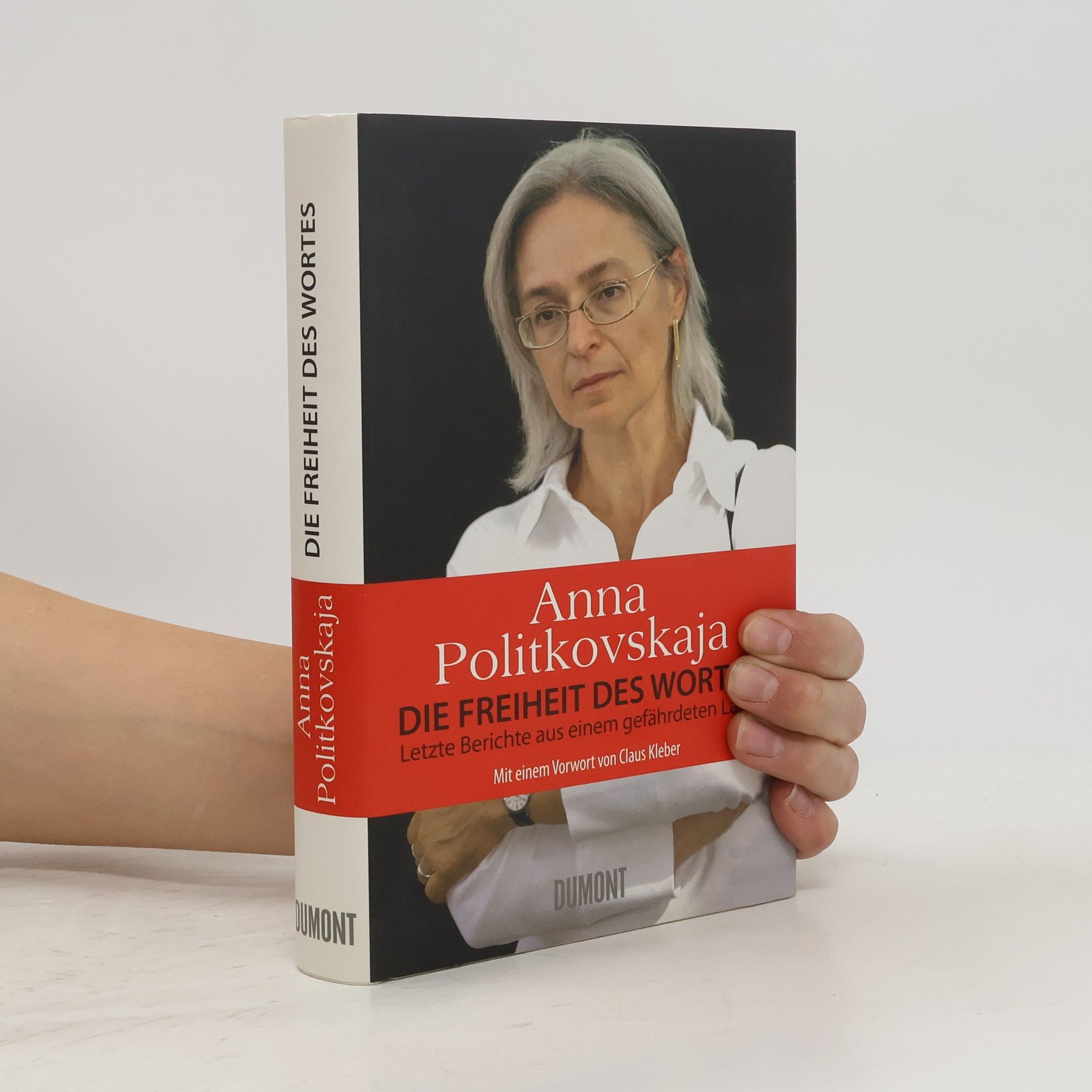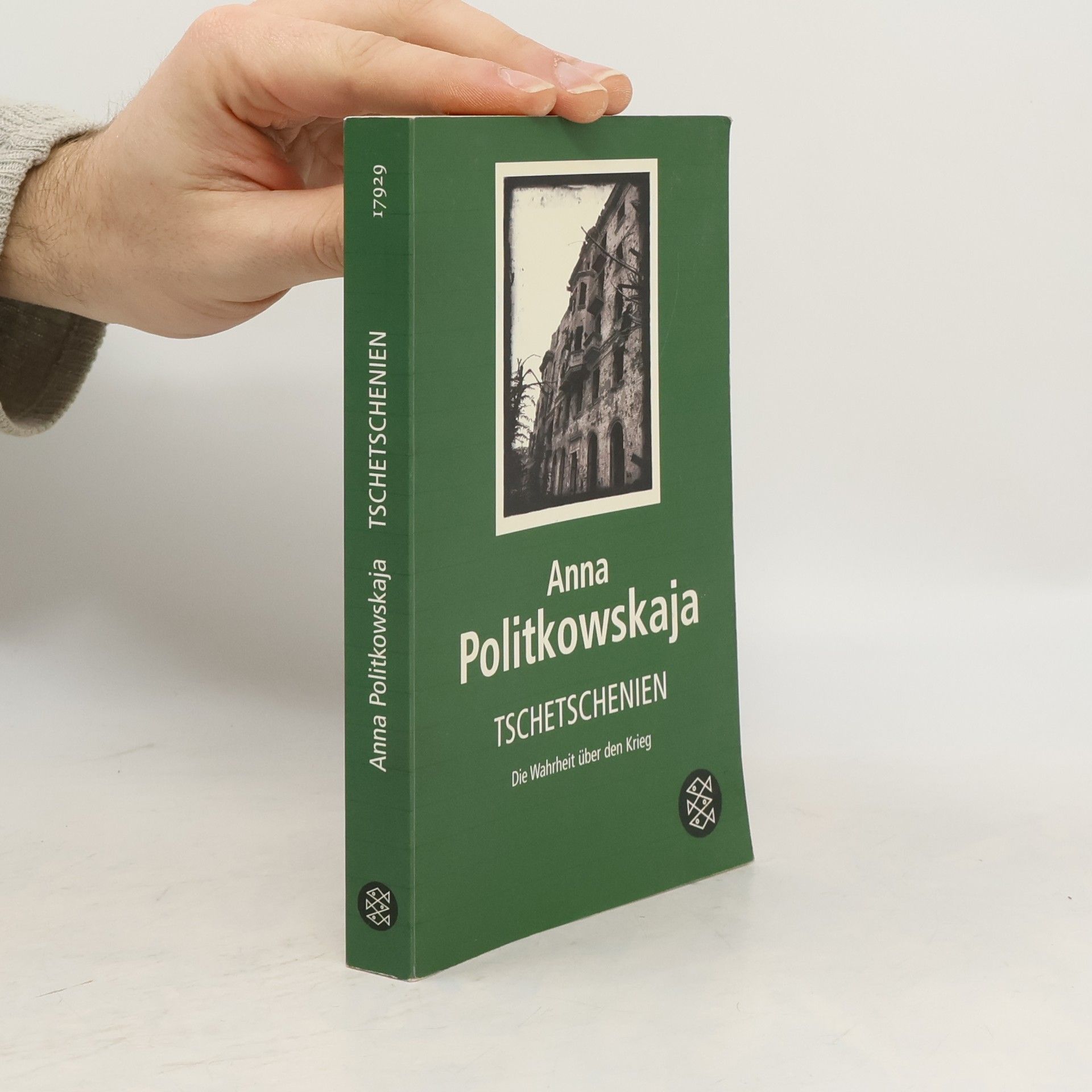La Russia di Putin
- 293pagine
- 11 ore di lettura
L'Occidente ha cercato di rassicurarsi sulla Russia, presentando Vladimir Putin come un leader benevolo. Tuttavia, questo libro di Anna Politkovskaja, giornalista moscovita nota per il suo coraggio nel denunciare le violazioni dei diritti umani, smaschera tale autoinganno con pagine ben documentate e drammatiche. L'autrice narra storie pubbliche e private della Russia contemporanea, soffocata da un regime che, pur apparendo come una democrazia in evoluzione, è ancora intriso di sovietismo. Politkovskaja chiarisce che il suo lavoro è un insieme di appunti appassionati sulla vita in Russia oggi, piuttosto che una biografia di Putin, che rimane sullo sfondo fino a un capitolo finale incisivo, dove emerge come un ex ufficiale del K.G.B. con ambizioni imperiali. In primo piano ci sono squarci di vita quotidiana, a volte grotteschi, a volte tragici: la guerra in Cecenia e i suoi cadaveri "dimenticati", le degenerazioni dell'ex Armata Rossa, il crack economico del '98 che ha colpito la media borghesia, la mafia di Stato radicata nella corruzione, l'eccidio al teatro Dubrovka di Mosca e la strage dei bambini a Beslan.


